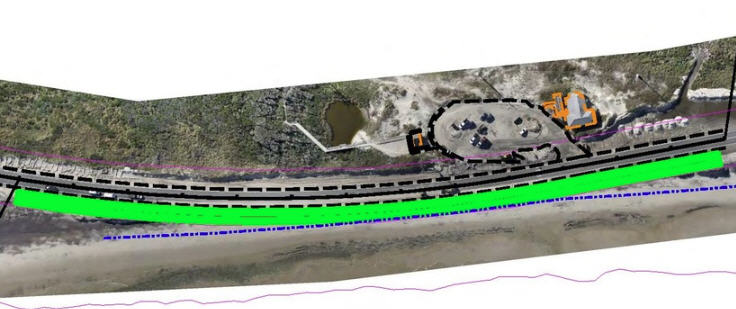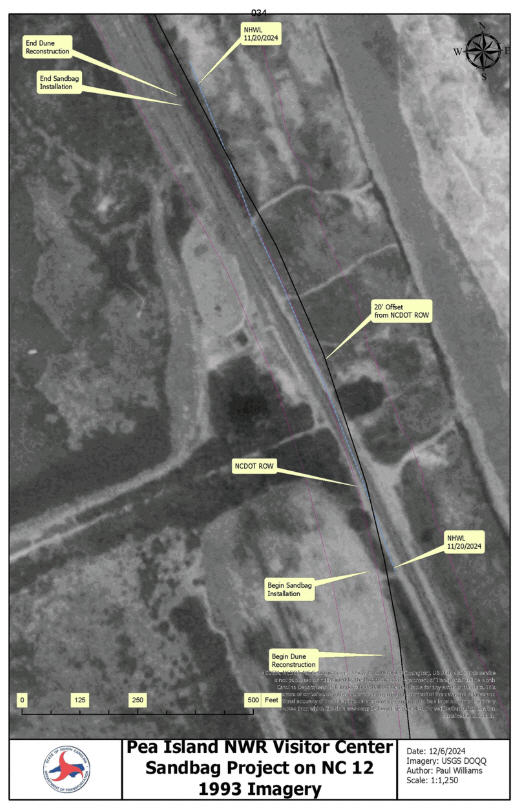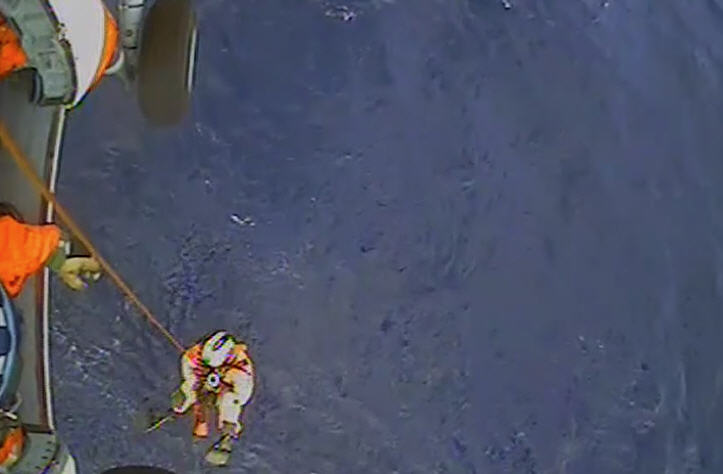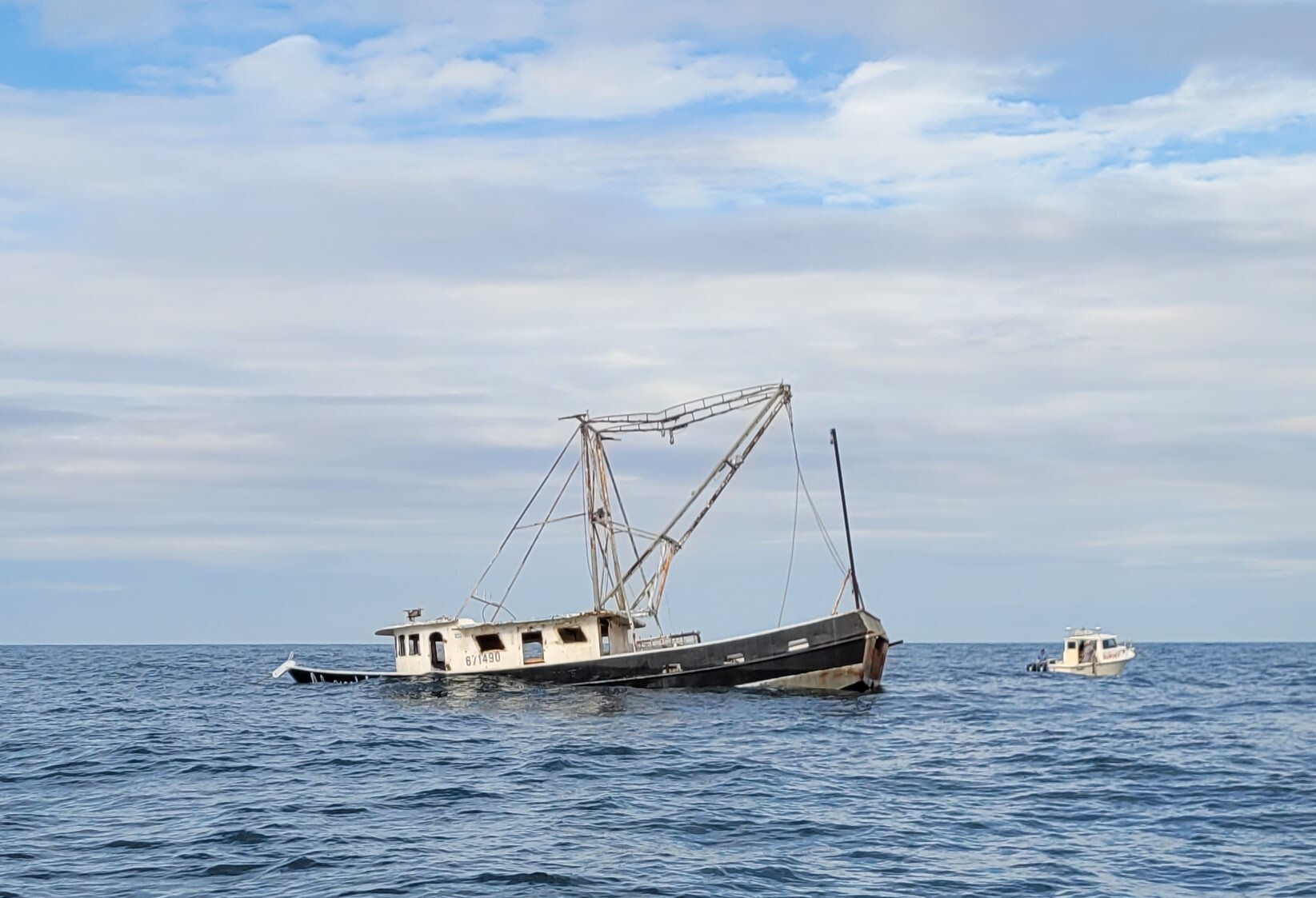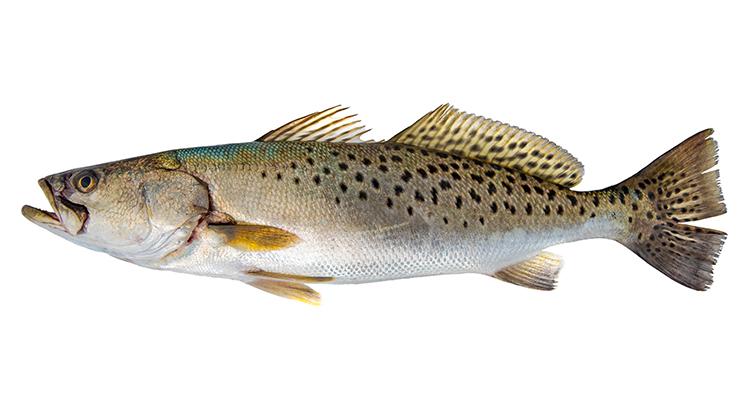Dare board approves joining southern flounder lawsuit
In a special meeting on Wednesday, Sept. 21, the Dare County Board of Commissioners voted unanimously to join in a lawsuit against the state’s Marine Fisheries Commission over its use of a supplement process that plaintiffs say will drastically and unfairly reduce the commercial and recreational catch of southern flounder.
The vote was 6-0. Commissioner Warren Judge could not attend the meeting because of a previous commitment.
Before they voted, the commissioners heard a presentation by attorney Steve Weeks of Carteret County, who is one of the lawyers handling the lawsuit by the North Carolina Fisheries Association, a fishing trade group.
Weeks told the commissioners that the attorneys handling the case are recruiting counties to join the lawsuit for several reasons — including making the point that it’s not just fishermen who will suffer harm from the MFC’s supplement process, but also the people of North Carolina, who are consumers of southern flounder — one of the state’s most valuable fisheries.
Hyde and Carteret counties have already agreed to join the lawsuit.
In answer to a question from Commission Chairman Bob Woodard, Weeks said that the Fisheries Association would assume the costs of the legal action.
Weeks said the immediate goal of the lawsuit is to get a temporary restraining order to stop the Division of Marine Fisheries from enforcing the “emergency” provisions in the supplement that would, among other things, shorten the recreational and commercial season, reduce the size of gill nets, and change the rules for pound nets that would essentially impose a quota system.
The supplement to the Fisheries Management Plan allows the MFC to act on its own in an emergency without the usual vetting by special advisory committees that are supposed to consider social, economic, and scientific issues and public comment.
In the case of its decision to use the supplement last fall, the MFC took the action against the recommendations of some of its own staff. And in the process of making the decision, the commission was split into two factions — commercial and recreational interests.
There are already requirements that reduce where and when commercial fishermen can catch southern flounder because of the bycatch of protected sea turtles.
If commercial fishermen start fishing for southern flounder too early while the water is still warm, they could incidentally catch sea turtles, which could close the fishery. However, now, because of the new measures passed last year by the MFC, if they start too late, they will run up against the Oct. 16 closure of the fishery.
Weeks told the commissioners that they were “very well aware of the economic impact of commercial fishing in Dare County.”
He said that, according to the Division of Marine Fisheries, Dare County has almost 1,000 licensed commercial fishermen. Around 90 percent of the active fishermen in the county claim more than 50 percent of their income from fishing, the most of any county in the state.
He said the statistics show that the dockside value of southern flounder in the county is $1.5 million, and that the “value added” — or other economic benefits such as restaurant sales to consumers — would be “seven times that.”
Dare, he said, is the county that benefits the most in the state economically from southern flounder, followed by Carteret and then Hyde.
Weeks said supporters of the supplement process said that the southern flounder stocks are depleted and that significant reductions are necessary.
“We believe the supplement was misused,” he said. “We believe the science was not adequate … I do not believe the science supports the stock being depleted.
“We believe North Carolina does have a sustainable fishery,” he added.
Commission Vice-Chairman Wally Overman made the motion to join the lawsuit, noting that the board passed three resolutions against the supplement process last year. The motion was seconded by Jack Shea, who spoke against overregulation in general.
Commissioner Beverly Boswell talked about the value of the fishing heritage of Dare County, in addition to the economic importance of keeping the commercial fishermen in business.
“Regulation without the science to back it is a fool’s errand,” said Commissioner Allen Burrus of Hatteras village.



